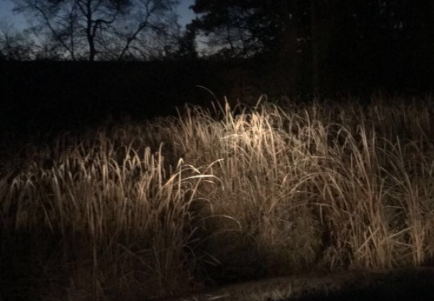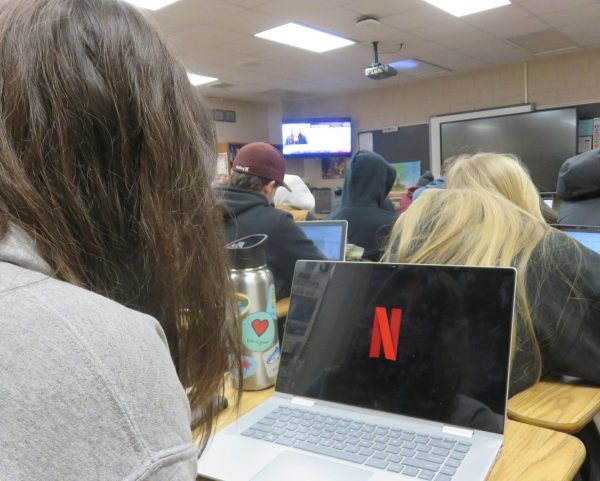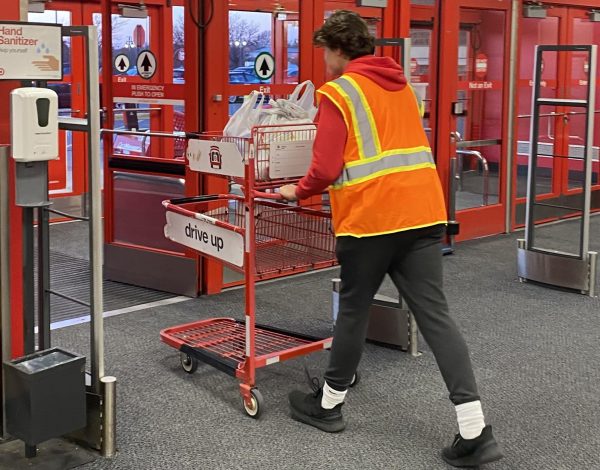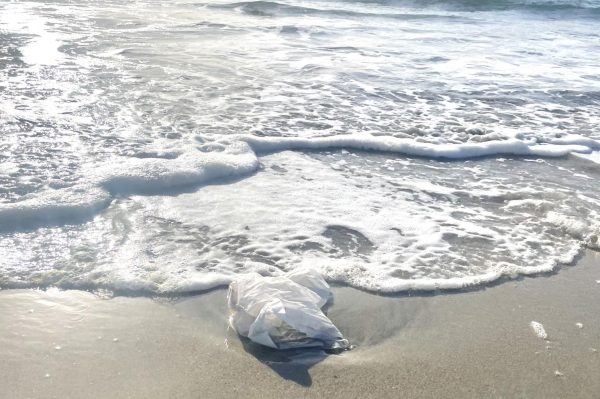Agribusinesses contribute to local water pollution
November 3, 2018

Local rivers and lake also see pollution from farming, being so far away from larger farms.
Pollution from agribusinesses is responsible for most of the pollution in over 100,000 streams in the U.S. With an increase in the population, larger farms and agribusinesses need to produce more crops, turning to chemicals to help them. These chemicals get drained into water streams that are now unusable for activities like drinking, swimming and fishing.
Agribusinesses are one of the top producers of pollution because of the chemicals they use, which are very harmful to people and animals.
“Farms often use pesticides and fertilizers on their plants… and that’s obviously going to have to go somewhere and might end up in our rivers and that’s not good,” junior Emma Bourne, President of the Environmental Club, said.
With excessive pollution being put out by farms, different people have come up with ideas to decrease pollution.
“Our state has dealt with it by making laws requiring buffer zones between their farm fields and water areas,” senior and President of the Youth for Sustainable Solutions Club, Levi Gregg said.
The more food needed by people, the more stress farmers get to fulfill the needs. Crop production has increased due to intensive amounts of pesticides and chemical fertilizers that are applied.
It’s all about businesses, not much conservation, that’s the foreign policy and that’s gotta change.
— Andrew Weaver
“Fertilizers and genetics and GMO’s, that’s the three triangles of agriculture [that] have allowed us to skyrocket our production per acre, which is a good thing. But the problem is drift issues with fertilizers. We’re using fertilizers on sugarcane fields, and we can’t necessarily control when the rain falls,” science teacher Andrew Weaver explained.
With many larger agribusinesses, they do not focus on their pollution but rather the business side today more than ever before.
“It’s all about businesses, not much conservation, that’s the foreign policy and that’s gotta change,” Weaver said.
All the pollution from agribusinesses and farms that drain into lakes and rivers is harmful to everyone and through actions of people from our state, this continues to decrease but there is still very much to be done.












Derek Berg • Dec 21, 2018 at 10:27 am
The quotes were very compelling. It was well worded. I chose this on because I enjoy reading about the outdoors.